I can't believe I have already been in India for a month and a half! I have been avoiding the blogosphere mainly because finding the words to describe what i have been doing and the things that i am learning is incredibly difficult - maybe not even for the reasons you would expect. As with most travel, I am learning the most about myself.
For the past 6 weeks i have been working with HMS, a UC Berkeley student run organization, that works on health and sanitation in the slum communities of Mumbai. While i have been in slums in other developing countries, I have never really known how to define a slum. A lot of my time here is spent reflecting on my surroundings and the realities of poverty, foreign aid, and everyday life in Mumbai "slums".
So, i will finally begin trying to relay my experience by trying to answer the question i am asked most often: "So what exactly is a slum anyway?"...
The United Nations agency, UN-Habitat, defines a "slum" as a run-down area of a city characterized by substandard housing and squalor and lacking in tenure security. In the past, the term "slum" has been used to refer to housing areas that were once respectable but have sinse deteriorated as their original dwellers move on to newer and better parts of the city. Today we use the term slum to also include informal settlements found in cities in the developing world.
According to the UN, one billion people worldwide live in slums and the number is expected to grow to 2 billion by 2030. The Indian government has announced that the number of people living in slums in India now exceeds the entire population of Britain!
As expected, people living in slum communities are generally very poor and often socially disadvantaged. Depending on the individual slum, the buildings vary from simple shacks/ shanties to permanent well-maintained structures. In densely populated areas like Mumbai, many slums growing vertically to include three or four story buildings, housing many families. Most slums lack clean water, electricity, sanitation and other basic services.
This summer, we have seen that slum politics are both intricate and complicated. Characterizing a housing areas as a "slum" often has harsh consequences for its inhabitants. Recently the UN-Habitat and the World Bank have been criticized for their 'Cities without Slums' campaign because it has led directly to a massive increase in forced evictions. In fact, many people have said that the recent fire in Behrampada, a slum that HMS has worked in since 2004, was started intentionally. one man i met from the British consulate told me "Well you know as well as i do that is valuable land". The deep, complex social structure of slums is also complicated and often difficult for outsiders to understand.
Currently, the education team is working mainly in the Dharavi slum, which is often cited as "the largest slum in Asia" with over 1 million residents. It has also become more well known because parts of Slumdog millionaire were filmed in Dharavi. Dharavi provides a cheap, but illegal, housing where rents in 2006, were as low as 4 US dollars per month. Until this trip i have not thought too much about slum economics, but i have learned that Dharavi exports a number of goods around the world.
The population of Dharavi is predominantly Muslim, including migrants from Gujarat who have established a potters' colony and tanners from Tamil Nadu who have set up a large leather tanning industry. Other artisans from Uttar Pradesh region (where i spent time last summer) started the ready-made garments trade. The total turnover is estimated to be between 500 million US dollars and over 650 million US dollars per year!!
This summer, we are piloting a handwashing education program in Dharavi schools which we hope will ultimately become self sustaining. I hope to write more about the program and my experiences soon. It's definitely been a roller coaster of a ride with high highs and low lows, but i am trying to appreciate every second of it. Thank you for your messages and emails - it is always great to hear from home.
BBC - Dhaaravi "Life in a Slum"
Love from India
Tuesday, July 14, 2009
Subscribe to:
Post Comments (Atom)
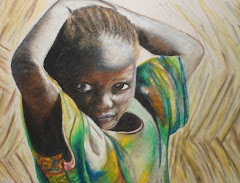
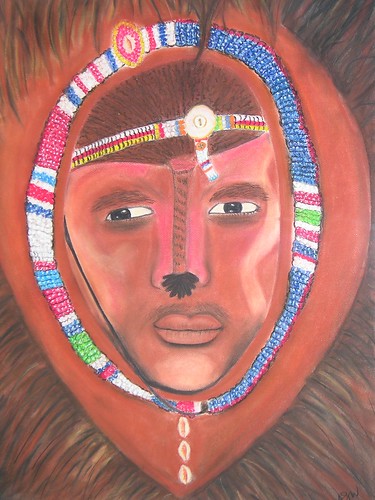
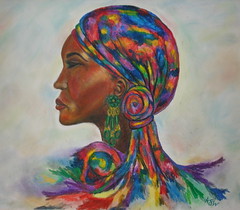
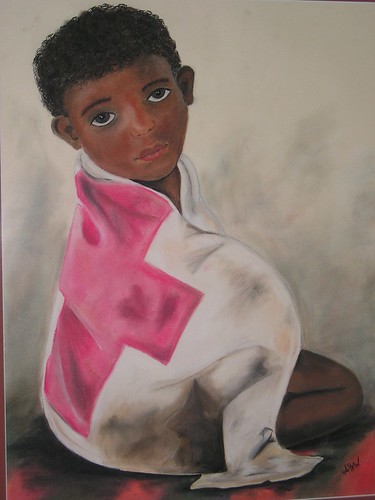
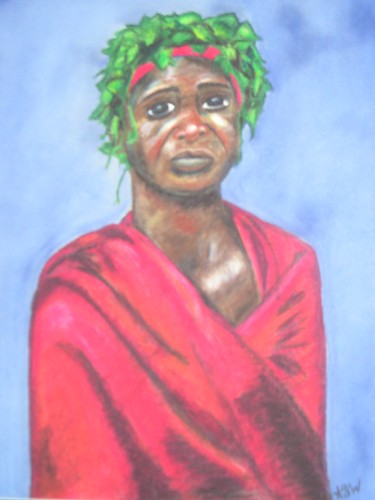
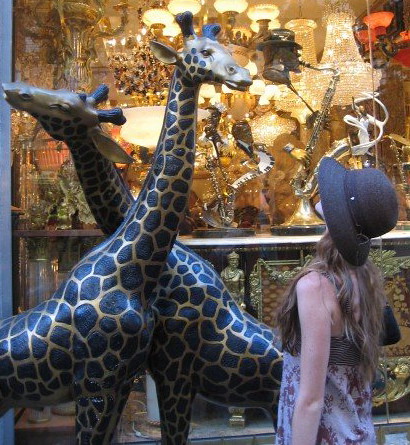
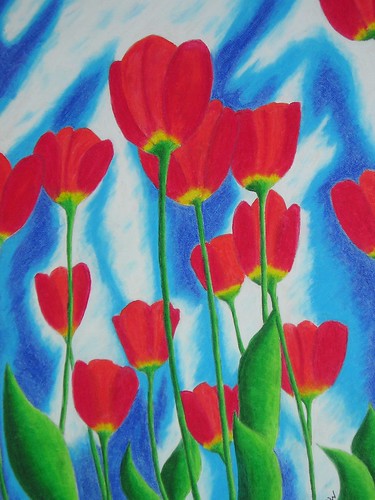
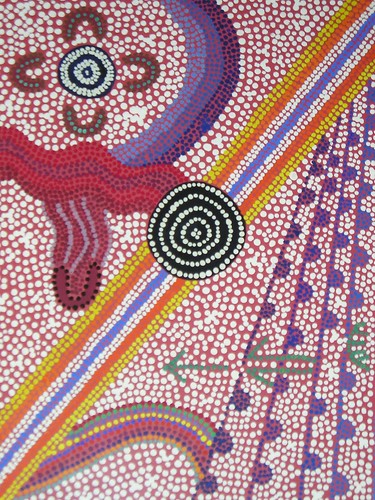

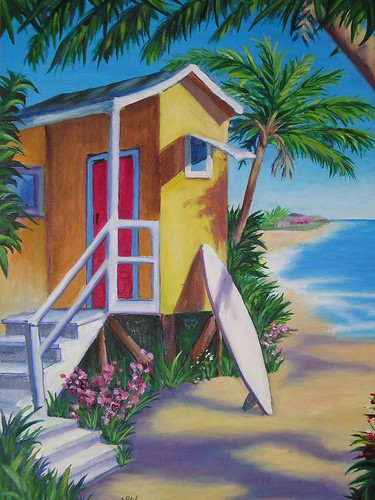
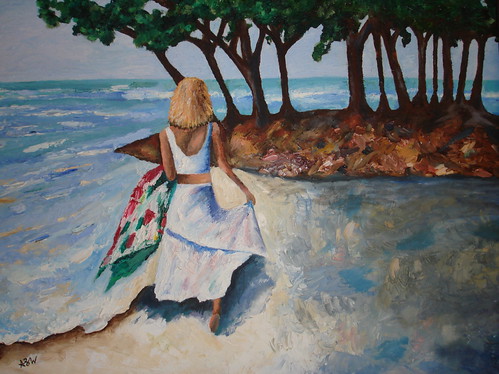
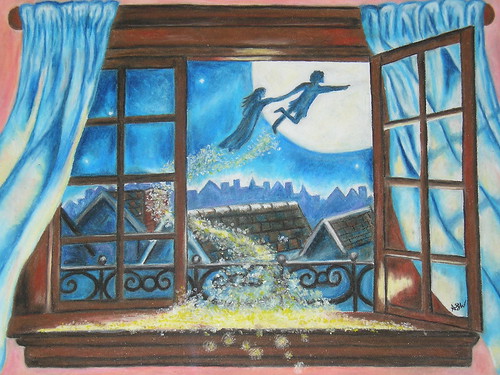
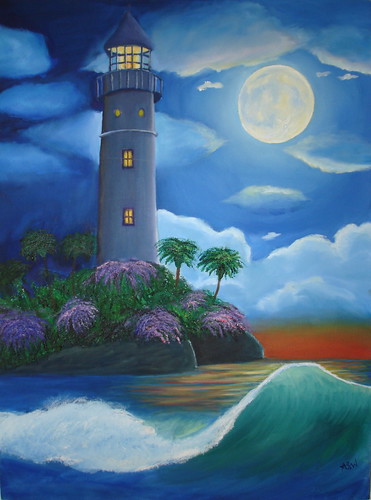
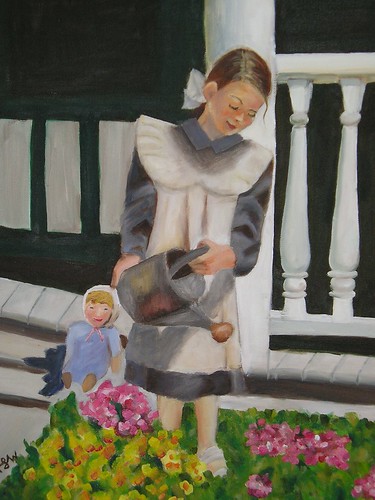
2 comments:
hi! your blog came up on a google alerts i have on slums. i wrote my dissertation on indian slums, and i have long grappled with the question of what defines a slum? i look forward to more of your posts about your experiences there and thoughts on what makes a slum a slum.
Hi Annemieke, how are you? Your posts are always wonderfully written and leave me with vivid images and emotions as if I there in these places myself. Will you be making your way back to this side of the pond eventually? Let me know how you're doing,
Love,
Manh
Post a Comment